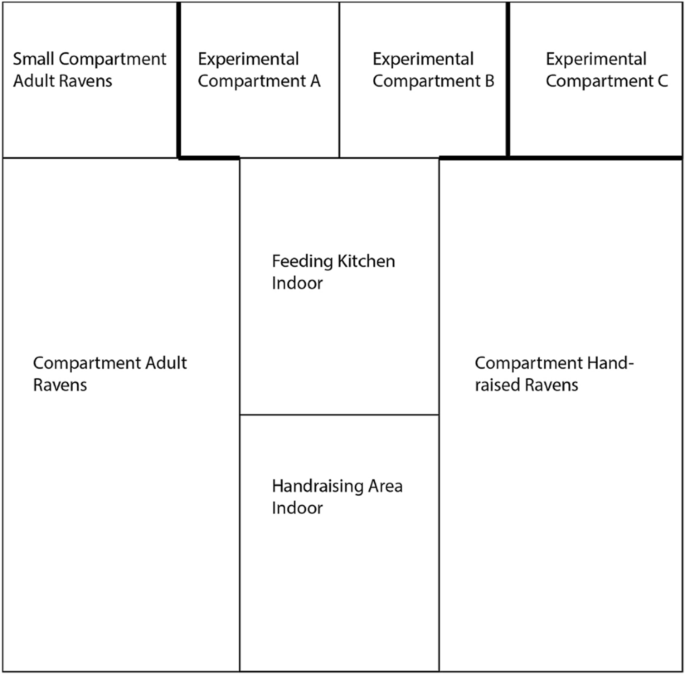Whether or not it really applies, I could not help thinking these findings of rapid cognitive development in non-primates are a boon to artificial intelligence research.
These unprecedented findings strengthen recent assessments of ravens’ general intelligence, and aid to the growing evidence that the lack of a specific cortical architecture does not hinder advanced cognitive skills.
Indeed, this also suggests that corvid brains are wired more efficiently than primates likely due to their requirement of being able to fly. It was recently discovered that birds evolved an alternative implementation of the neocortex, so there are different approaches possible towards solving the same problem.
Another interesting finding is that humans can function with only a small portion of the brain. The most extreme case was a guy with cerebrospinal fluid filling 95% of the cranium. Anyone whose brain fits into the remaining 5% should be nothing short of vegetative; yet apparently, fully half have IQs over 100.
The implication for AI here is that you don’t actually need to match the complexity of the full human brain to do interesting things or to even have human style intelligence. Our brains are highly redundant which makes sense if they evolved to be robust. However, the core functionality might be easier to achieve than previously thought.
I think the key question is the algorithm behind our cognitive process. I’ve wondered if using genetic algorithms might be an easier approach than trying to reverse engineer the algorithm from biology.
Presumably, if you created a virtual environment with sufficient fidelity and populated it by agents that had to compete for resources then you’d eventually evolve some form of intelligence. It would be fun to build a system like SETI@home that would leverage the global computer network to run this simulation. :)
liyuquan




